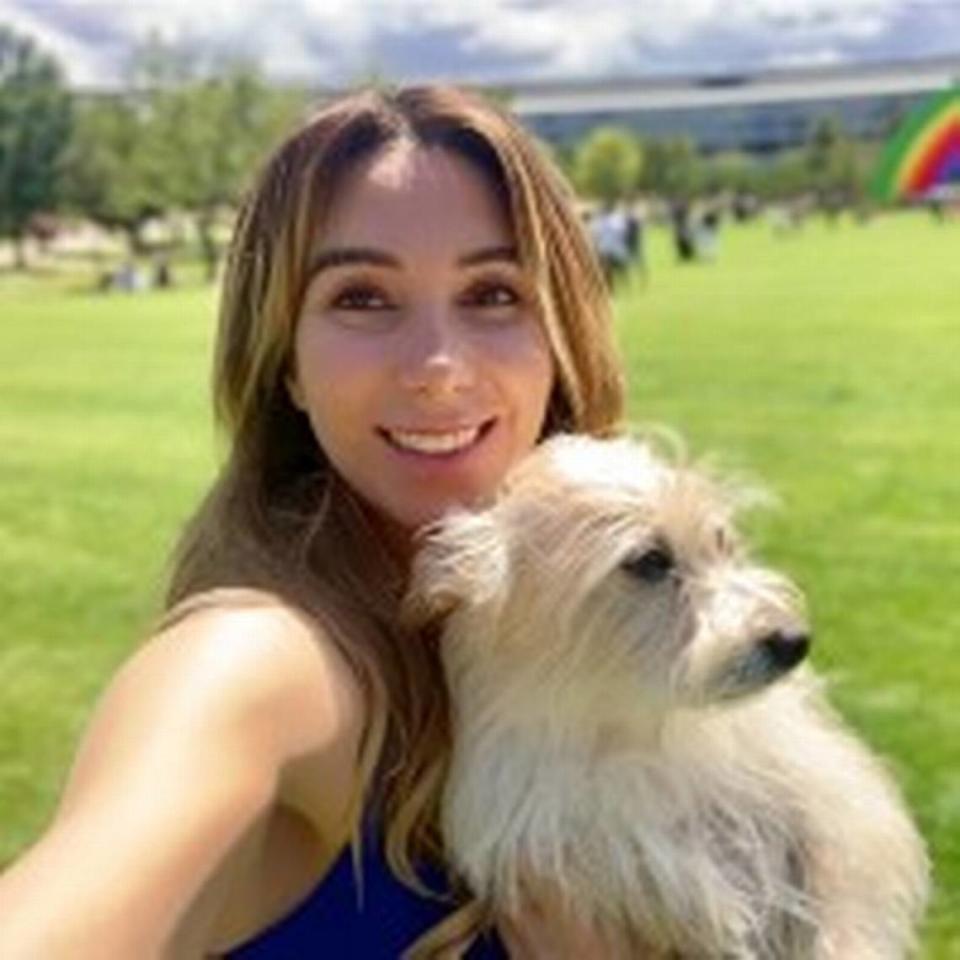Livestock, poultry operations create pandemic fears. Bill to suspend growth proposed
Anyone who has driven down I-5 through Coalinga has been punched in the nose by the reality of large scale animal agriculture. I always remember to roll up my windows, and switch my A/C to recirculate, but there is no escaping the stench of thousands of cows sitting atop piles of manure.
A study published last year showed some of the highest levels of pollution come from those industrial farms known as concentrated animal feeding operations (CAFOs). That pollution primarily affects marginalized communities, causing respiratory illness and other health symptoms.
But a new bill, AB-2764 by Assembly members Adrin Nazarian (D-Van Nuys) and Alex Lee (D-Milpitas), would place a moratorium on the construction and expansion of these factory farms in California, and put a halt to the growth of these operations. This bill is a much needed first step in addressing the many injustices of factory farming.
Recently the USDA reported an outbreak of highly pathogenic avian influenza (HPAI) on a turkey farm in Indiana, and since then HPAI outbreaks have been identified in flocks in Kentucky, Virginia and a second flock in Indiana. All birds were killed en masse. As a veterinarian, my heart goes out to the birds and the workers involved in this brutal and devastating process, and many of us are bracing for the devastation that avian influenza could wreak as the next global human pandemic.
But some argue we can prevent the next pandemic. Recent work out of the Harvard T.H. Chan School of Public Health, led by Dr. Aaron Bernstein, shows that by addressing the causes of pandemics we can not only save billions of dollars, but lives as well.
The key to pandemic prevention is limiting spillover of viruses from animals to humans, as 75% of emerging human diseases come from animals — and we must take action soon because diseases of pandemic potential are becoming more frequent.
Influenza viruses from pigs and poultry are of particular concern. The authors state “high-density livestock operations can serve as an opportune environment for spillover from wild animals into livestock or as incubators for pandemic influenza strains ... Large pig and poultry farms are where the genetic re-assortment needed to source pandemic influenza strains may most likely occur.” Pigs, poultry and humans all share similar receptors for influenza viruses, and in intensive farming practices, with thousands of genetically similar animals packed into large barns, interfacing with human workers, viruses can jump species, creating an ideal environment for a mutation that could cause the next pandemic.
Surprisingly, progressive California is not the first to introduce a statewide moratorium. Iowa state Rep. Art Stead has repeatedly introduced legislation to establish a moratorium on the expansion of factory farming in his state, but powerful livestock lobbyists have successfully canned such legislation. But, with growing public support and increased media and public attention, legislators should consider the potential for voter backlash if they yield to Big Ag’s powerful lobbyists — along with the greater existential threat we all face if they fail to act.
Bernstein’s work shows if we want to prevent the next pandemic, we must look at our relationship with animals and the natural world. We are facing the repercussions of our exploitative practices that harm animals, ecosystems and our fellow humans. By considering what’s in the best interest of all beings, and building a compassionate and sustainable food system, we can create a more kind and healthy world. I encourage our legislators to stand up to Big Ag, and help pass AB-2764.
Dr. Crystal Heath is a California native and graduate of UC Davis School of Veterinary Medicine. She is the co-founder of Our Honor , a veterinary support and advocacy group that empowers animal professionals to address unethical practices in government, business and education to create more compassionate systems. Dr. Heath also consults for several animal shelters and nonprofits throughout California.


